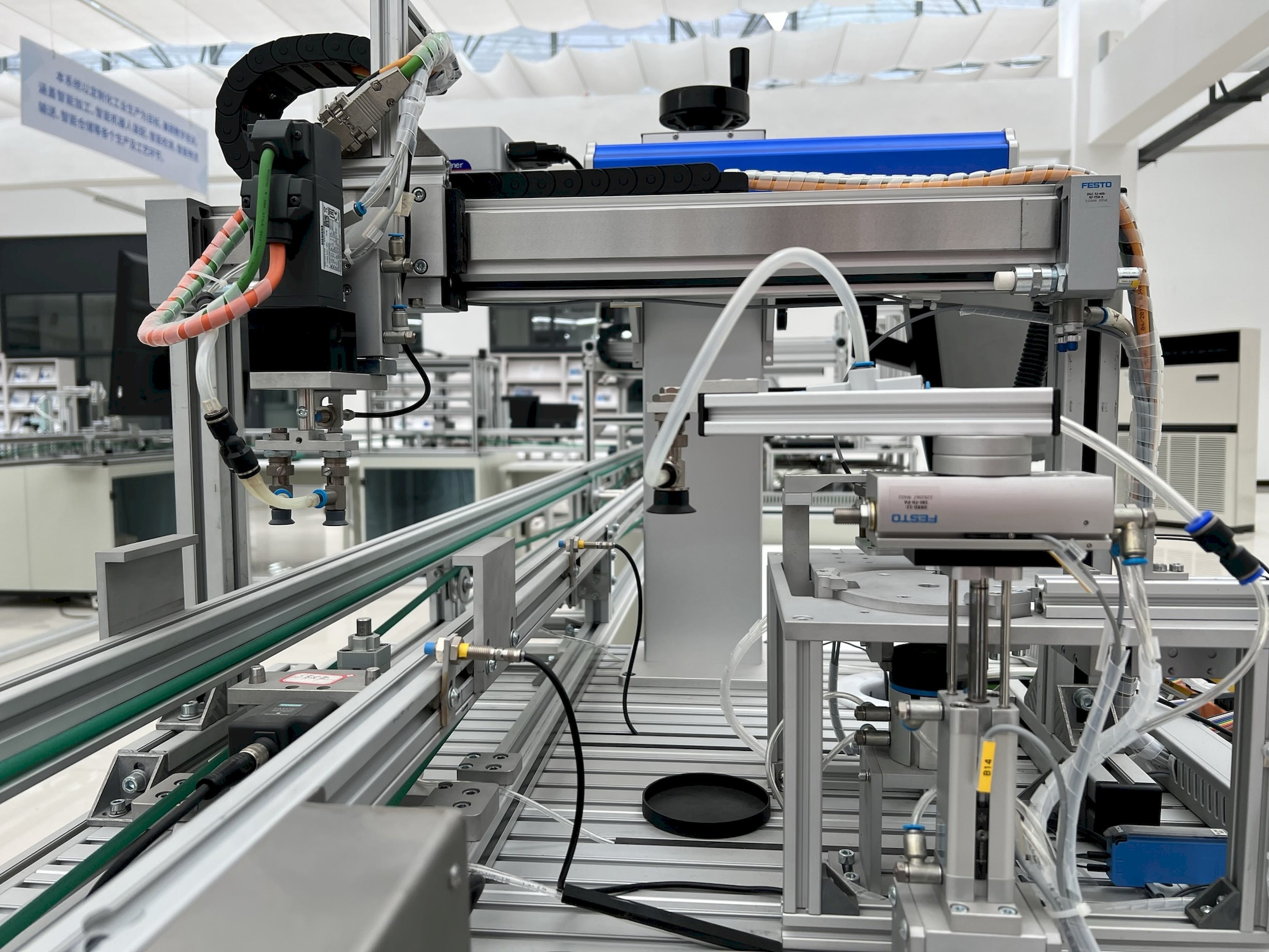
Why Marketing Automation Isn't Always Automatic
For time-strapped marketers, marketing automation can be a godsend. After all, it allows you to near instantly take care of repetitive tasks across multiple channels — tasks that could otherwise take countless hours of marketing manpower. However, the technology still has its limitations. Learn more about why marketing automation isn’t always automatic and what you can do to solve this problem.
While constantly improving, it requires a certain level of manual work to ensure the appropriate messages are reaching each customer. And although an average 51 percent of U.S. companies now use marketing automation, the top reason cited by non-users is a lack of expertise in optimizing such tools, suggesting too many automation platforms aren’t user-friendly enough to be truly helpful.
Fortunately, not all automation tools are created equal. For example, Lineate’s data orchestration solutions offer a single source of truth for all your data. Meaning? Well, it simplifies your campaigns so it can take more of the high-touch work off your hands. Conveniently, you can easily run search and social campaigns, view cross-channel audience data, and determine ad parameters from one central location.
What exactly can a marketing automation platform do?
The range of marketing automation platforms includes content marketing systems, cross-channel campaign management software, lead-to-revenue management automation platforms, marketing resource management software, real-time interaction management solutions, and through-channel marketing automation platforms.
Such tools help manage marketing campaigns by collecting and organizing customer data and providing the right message at the right time, based on that data. Instead of requiring a marketing or sales professional to personally craft and send a message to each customer, such systems can analyze information about the customer, select from a library of potential messages and deliver the most appropriate one through a number of different marketing channels.
Marketing automation is still in its beginning phase for many B2B organizations, but thanks to its ability to boost efficiency and cut down on repetitive tasks, it’s slated for more growth over the next few years.
That said, while most brands adopt different automation tools for different aspects of the process, platforms that utilize orchestration — or the process of streamlining every aspect of your marketing strategy in one interface — are more likely to automate previously time-draining tasks.
Data-driven automation
Accurate and up-to-date data enables marketing automation software to serve up appropriate and customized messaging, offers, and recommendations to the target audience. As such, companies are collecting more and more data about their current and potential customers to better understand their needs and how to market to them. Helping handle that volume are capable platforms like our data orchestration solution, which can automatically remove duplicates and help you automate even the more traditionally manual aspects of data analysis/automation.
The manual side of automation
Marketing automation still has a long way to go in terms of its ability to simplify personalized messaging. But high-level data orchestration platforms minimize the amount of human labor required by providing comprehensive reporting and analysis, allowing for fast recognition of trends and easy adjustments to your campaign. While the human touch is needed here and there, marketing automation platforms can go a long way toward making repetitive marketing and sales efforts a thing of the past.
To learn more about how to make marketing automation work for you, contact us today.
Share:
Got a project?
Harness the power of your data with the help of our tailored data-centric expertise.
Contact us